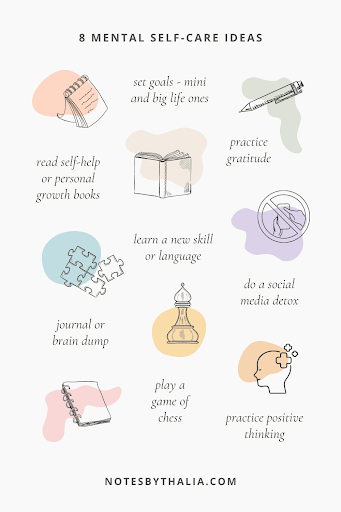Title: Freelancing with Confidence: Overcoming Imposter Syndrome and Owning Your Expertise
Title: Freelancing with Confidence: Overcoming Imposter Syndrome and Owning Your Expertise
Introduction:
Freelancing offers tremendous opportunities for individuals to showcase their skills, work on exciting projects, and have control over their careers. However, many freelancers struggle with imposter syndrome—the feeling of inadequacy or self-doubt in their abilities. In this blog post, we will explore strategies to overcome imposter syndrome and develop the confidence to own your expertise as a freelancer. By embracing your skills and value, you can thrive in the freelance world and build a successful career.
1. Recognize Imposter Syndrome:
The first step in overcoming imposter syndrome is to acknowledge and recognize its presence in your life. Understand that imposter syndrome is common and that many successful professionals have experienced it. By acknowledging it, you can start working towards overcoming it.
2. Identify Your Strengths and Accomplishments:
Take time to reflect on your skills, experiences, and achievements. Make a list of your strengths and positive feedback you've received from clients or colleagues. Recognizing and appreciating your accomplishments can help counteract feelings of self-doubt and reinforce your confidence.
3. Reframe Negative Thoughts:
Challenge negative thoughts and self-critical beliefs that contribute to imposter syndrome. Replace them with positive and realistic affirmations. Remind yourself of past successes and the value you bring to your clients. Reframing negative thoughts will help you shift your mindset towards self-assurance.
4. Seek Support from Fellow Freelancers:
Connect with other freelancers or join communities where you can share experiences and seek support. Discussing imposter syndrome with like-minded individuals can help you realize that you are not alone in your struggles. Hearing others' stories and receiving encouragement can boost your confidence.
5. Continuous Learning and Professional Development:
Invest in continuous learning and professional development to enhance your skills and knowledge. Acquiring new skills or expanding your expertise can increase your confidence as a freelancer. Attend webinars, workshops, or online courses to stay updated on industry trends and remain competitive.
6. Embrace Positive Feedback:
Take note of positive feedback from clients and celebrate your successes. Keep a record of testimonials or kind words you receive for your work. When you feel self-doubt creeping in, revisit these positive feedbacks to remind yourself of your abilities and the value you provide to clients.
7. Set Realistic Expectations:
Set realistic expectations for yourself and your work. Understand that perfection is not attainable, and mistakes are a natural part of the learning process. Embrace the learning opportunities that come with challenges, and focus on continuous improvement rather than striving for flawlessness.
8. Practice Self-Care:
Taking care of your physical and mental well-being is crucial for building confidence. Prioritize self-care activities such as exercise, meditation, proper sleep, and maintaining a healthy work-life balance. When you prioritize self-care, you are better equipped to handle self-doubt and approach your work with confidence.
9. Celebrate Small Victories:
Acknowledge and celebrate your accomplishments, no matter how small they may seem. Treat each successful project or milestone as a victory and a testament to your expertise. Recognizing your achievements will help build a positive mindset and reinforce your confidence.
10. Embrace a Growth Mindset:
Adopt a growth mindset that embraces challenges, sees failures as learning opportunities, and believes in your ability to improve and grow. Embracing a growth mindset allows you to approach new projects and challenges with confidence and resilience.
Conclusion:
Overcoming imposter syndrome is a journey that requires self-reflection, support from others, and a commitment to personal growth. By recognizing imposter syndrome, identifying your strengths, reframing negative thoughts, seeking support, investing in continuous learning, and practicing self-care, you can build confidence and












Post a Comment